What’s happening
Many people immigrate to the United States, leaving behind their homes and loved ones, in hopes of leading a better life. Despite having language barriers and difficulties adjusting to a whole new environment, they work hard day and night. Construction sites, fast food restaurants, agriculture, healthcare; you name it and they are working in it. They aren’t here just taking up space, they are working hard for it. But since Trump’s inauguration, their struggles are through the roof. Everyday they live in fear of getting deported. Many are hiding while many have already been deported.
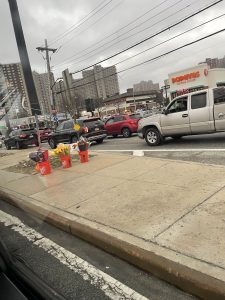
Growing threats
ICE’s presence in New York City, specifically inside the Bronx, has had a profound impact on immigrant communities. Heightened enforcement and raids have fostered worry and uncertainty, forcing many to live within the shadows. Families fear deportation and the possibility of separation from loved ones, at the same time as local companies and community organizations note a decline in participation because of fear of being captured. Despite these demanding situations, grassroots actions and advocacy organizations have emerged, working tirelessly to provide aid, legal assistance, and sources to help immigrants navigate this tough landscape. The resilience of these communities shines through, as they try to hold their identities and guard each other amid growing threats.
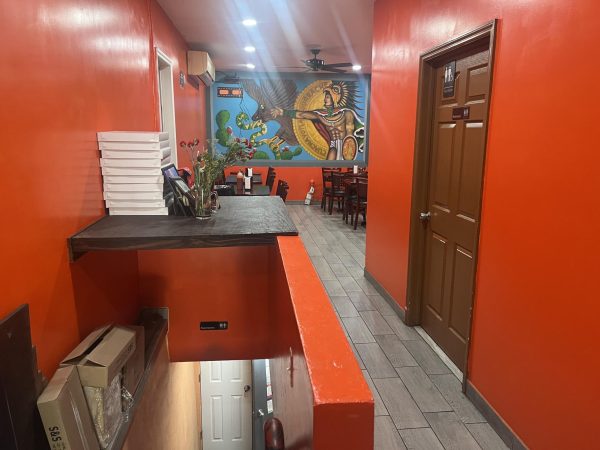
Living in fear while hiding out
With the recent implementation of Donald Trump’s new immigration policy following the start of his second term presidency, a sense of fear has spread through many immigrant communities. People are hesitant to speak openly about the changes, afraid that sharing any information could put them or their loved ones at risk. When we tried asking people in our neighborhoods about the policy, most avoided the conversation.
The fear is also visible in daily life. Street vendors we used to see every afternoon under the train station are no longer there as often. Instead of setting up during the daytime like they used to, they now appear mostly in the evening or late at night. The once busy spots where they sold food, fruits and other goods now seem emptier, a reflection of the uncertainty and anxiety gripping the communities.
Where did customers go?
Since the crackdown on immigrants, fewer customers are coming into a beauty store in a Bronx neighborhood. “Before Trump, our business was blooming,’’ said an employee, who asked to remain anonymous for fear of reprisal. “Afterwards, our sales have dropped about 50 percent.”
He said that most of the customers are “minorities’’ but he doesn’t see them much anymore. “Before the immigration situation, there were many people on the streets, but now the streets are very quiet,” he said.
Forbidden topic
When reaching out to students about their experiences with ICE, many expressed fear or discomfort speaking publicly. This hesitation highlights the sensitive nature of the topic and the potential consequences people feel they might face for sharing their stories. When I appoached students waiting in line to get into school, I introduced myself and asked “Have you had any interactions with ICE?” The students looked at me with wide eyes, seemingly shocked as if I had mentioned a forbidden topic. Some immediately declined, others remained silent, while a very few were unaware of what ICE is.
I also approached students in the cafeteria: The responses were similar: shock, rejection, silence, awkwardness and unawareness. However, this time, some students treated the topic lightly and laughed, taking it as a joke.
Students speak out
“Without immigrants this country is nothing” said a senior who immigrated to the United States in 2020. “He (Trump) shouldn’t kick immigrants out just because of his own reasons and everyone had the right to live in a country freely”
Another senior said, “In my opinion, I thought Trump was a good person but after the election, it changed.”

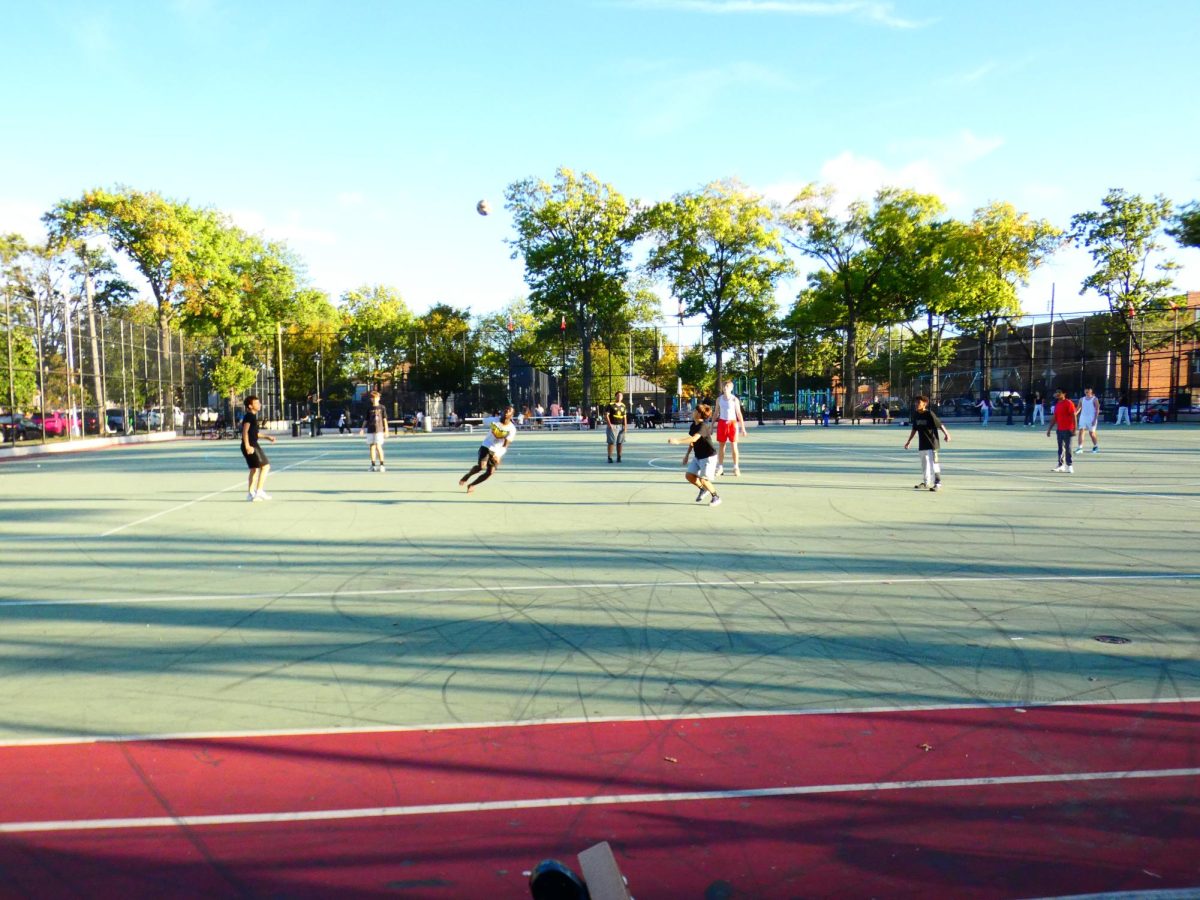

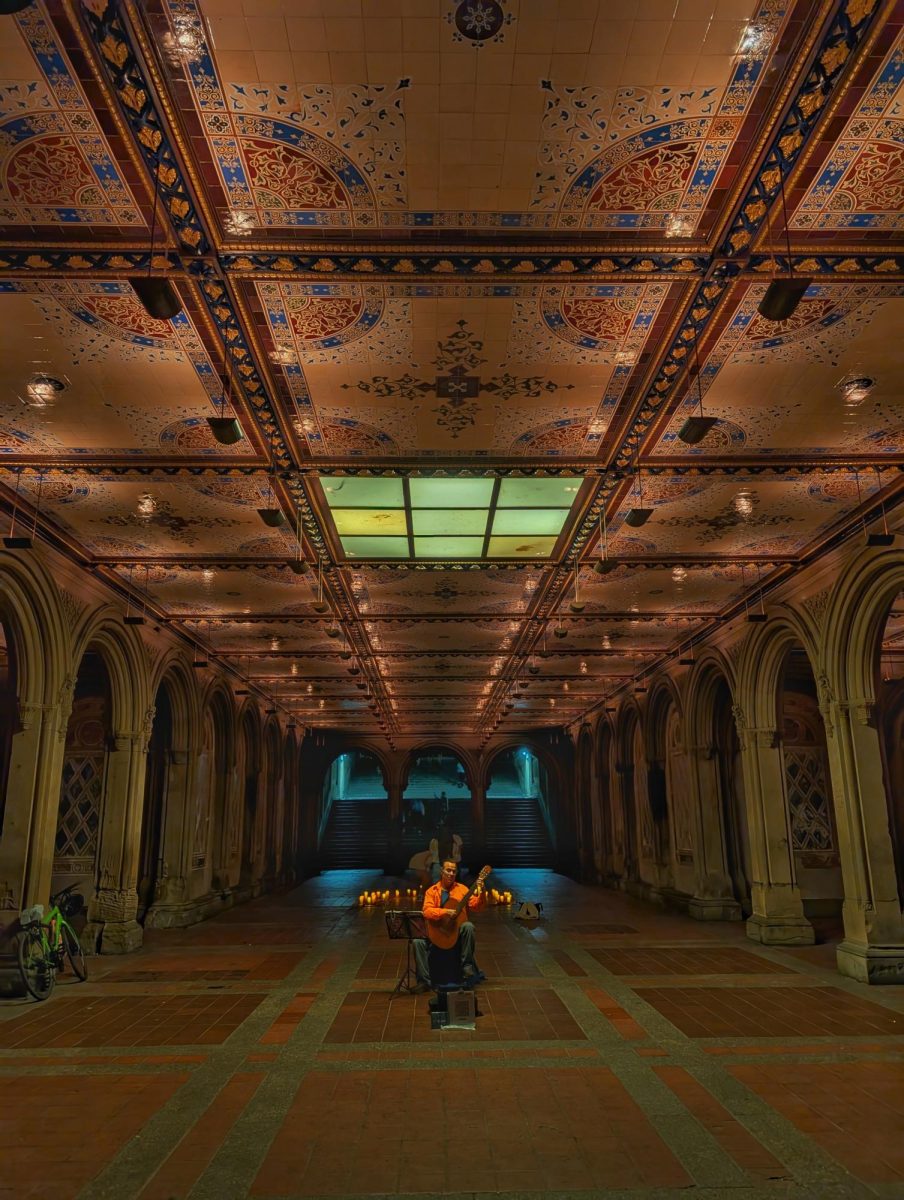
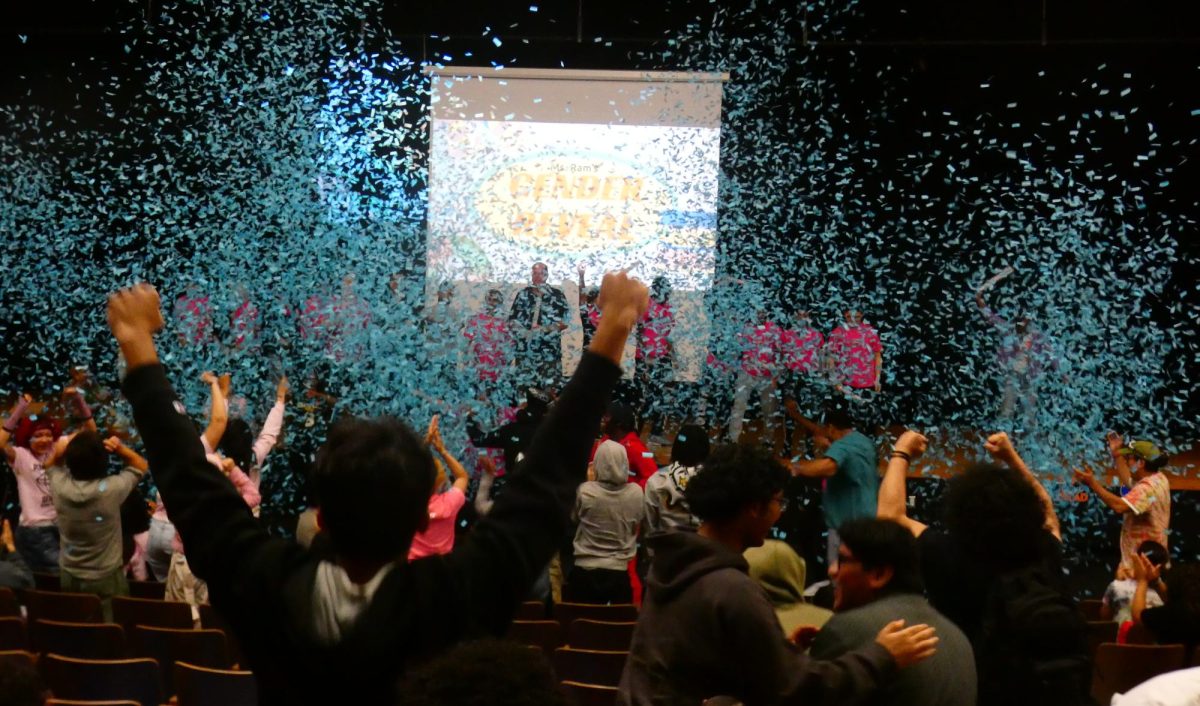
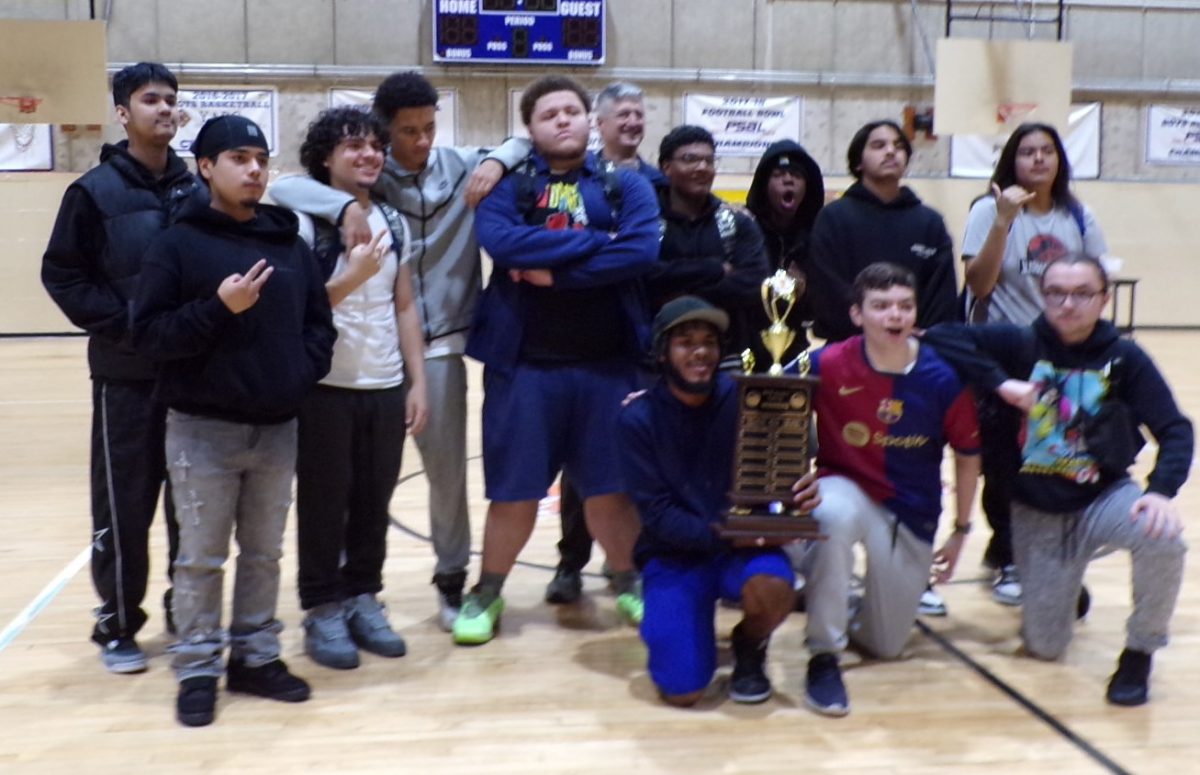
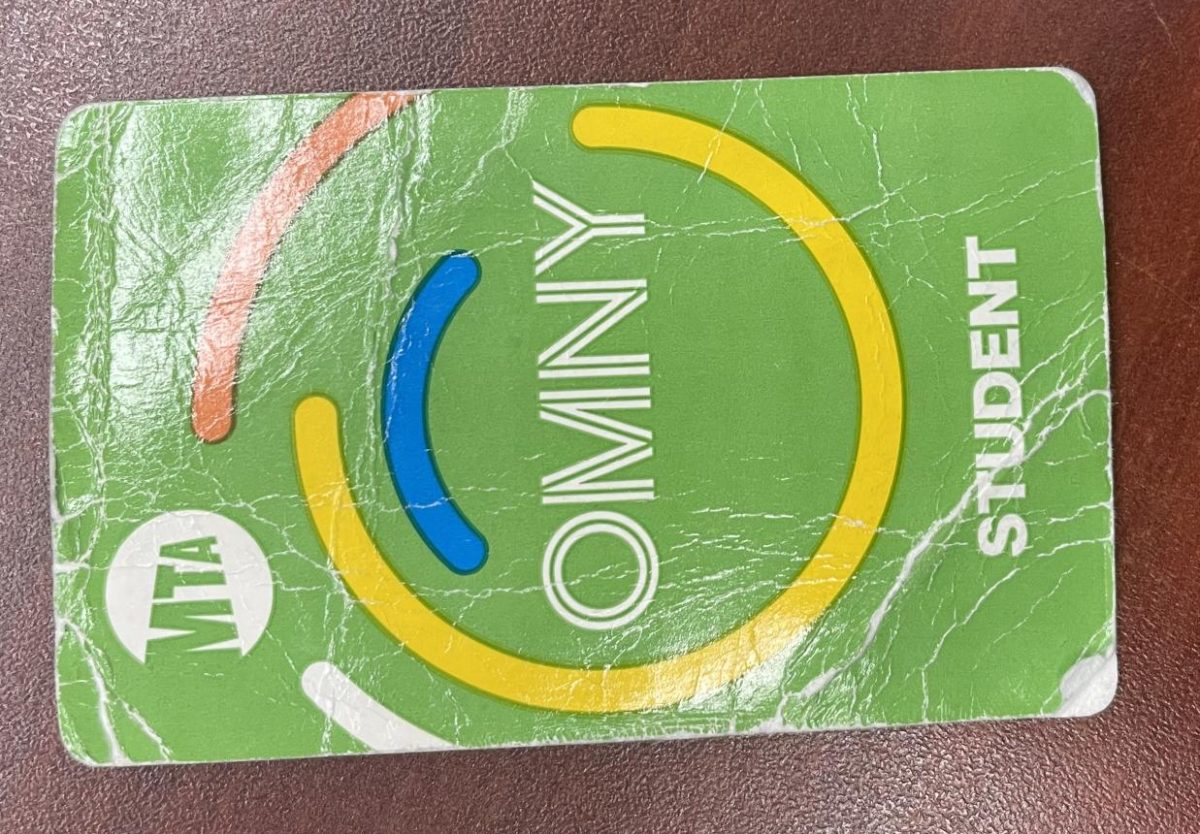
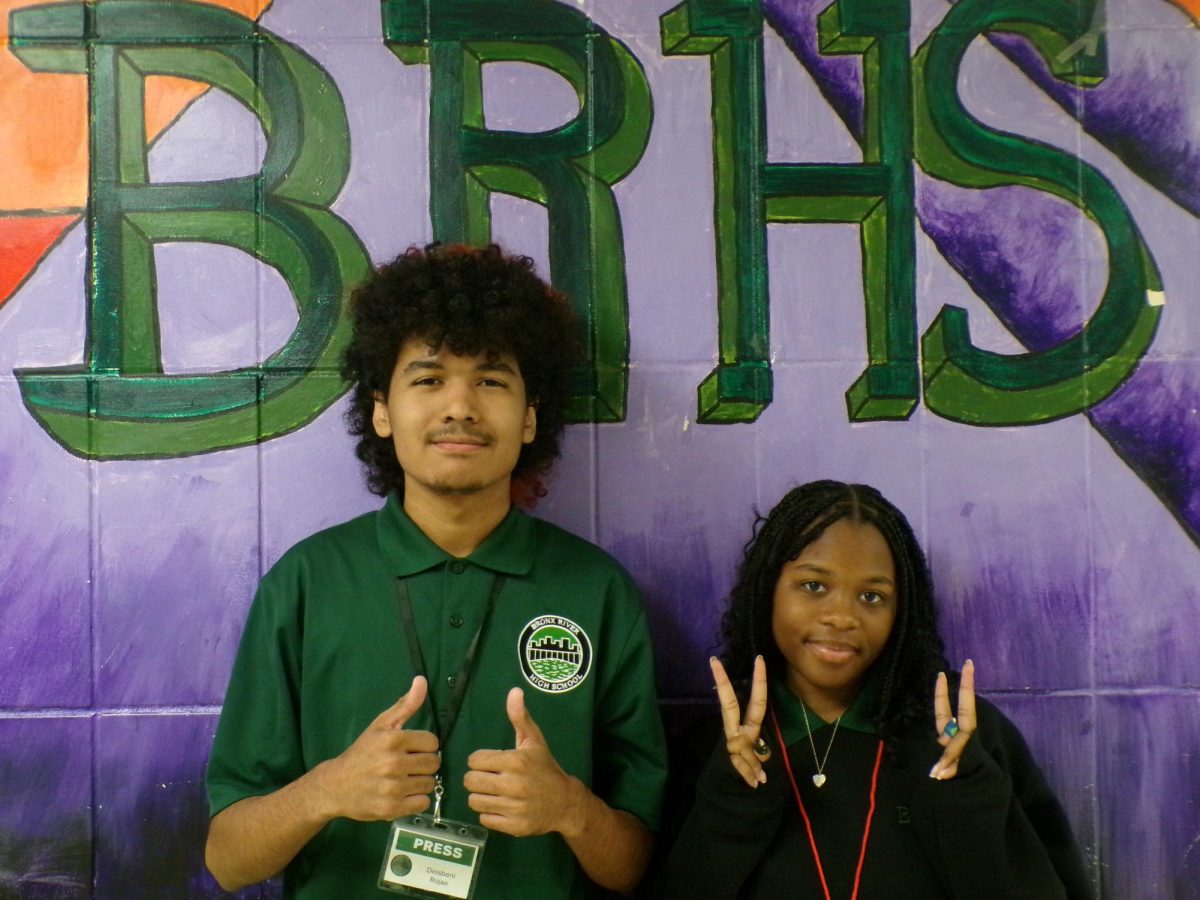

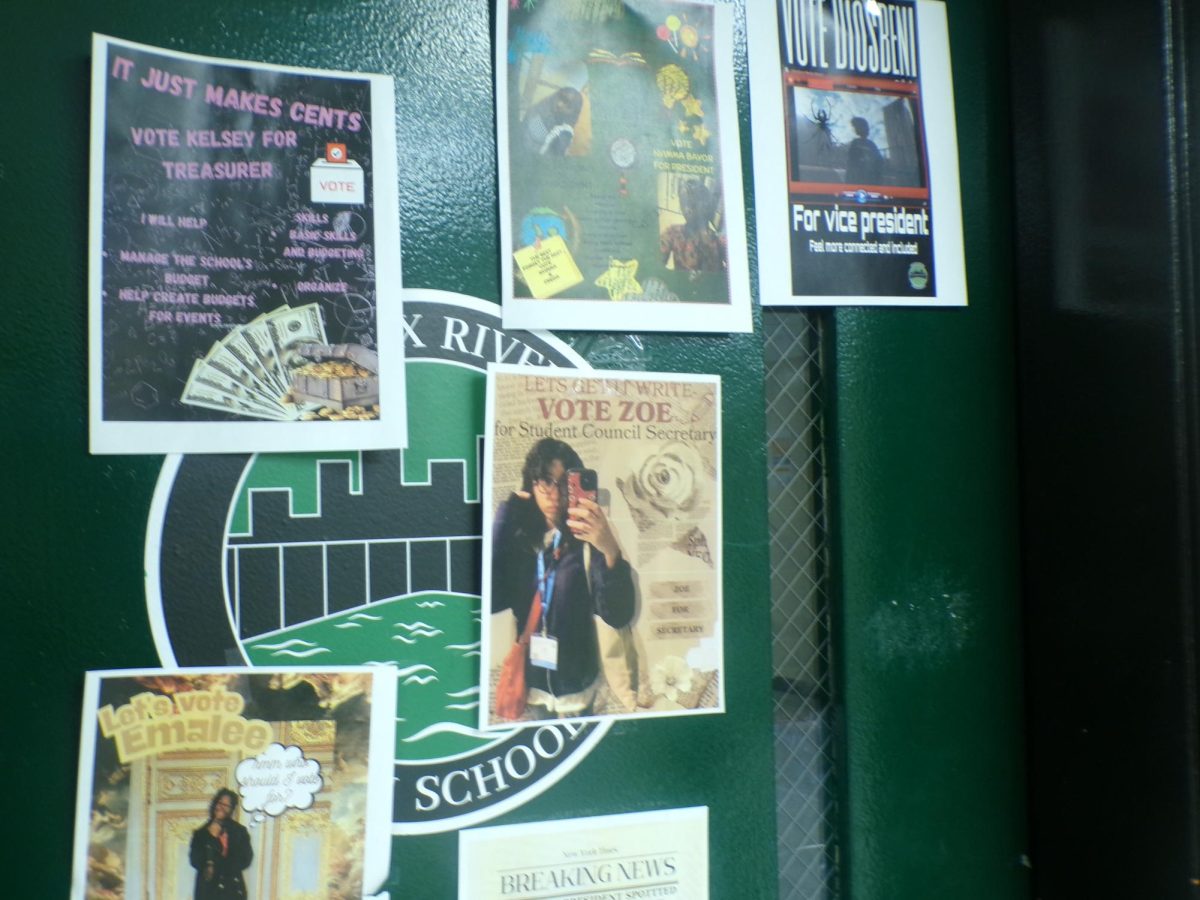

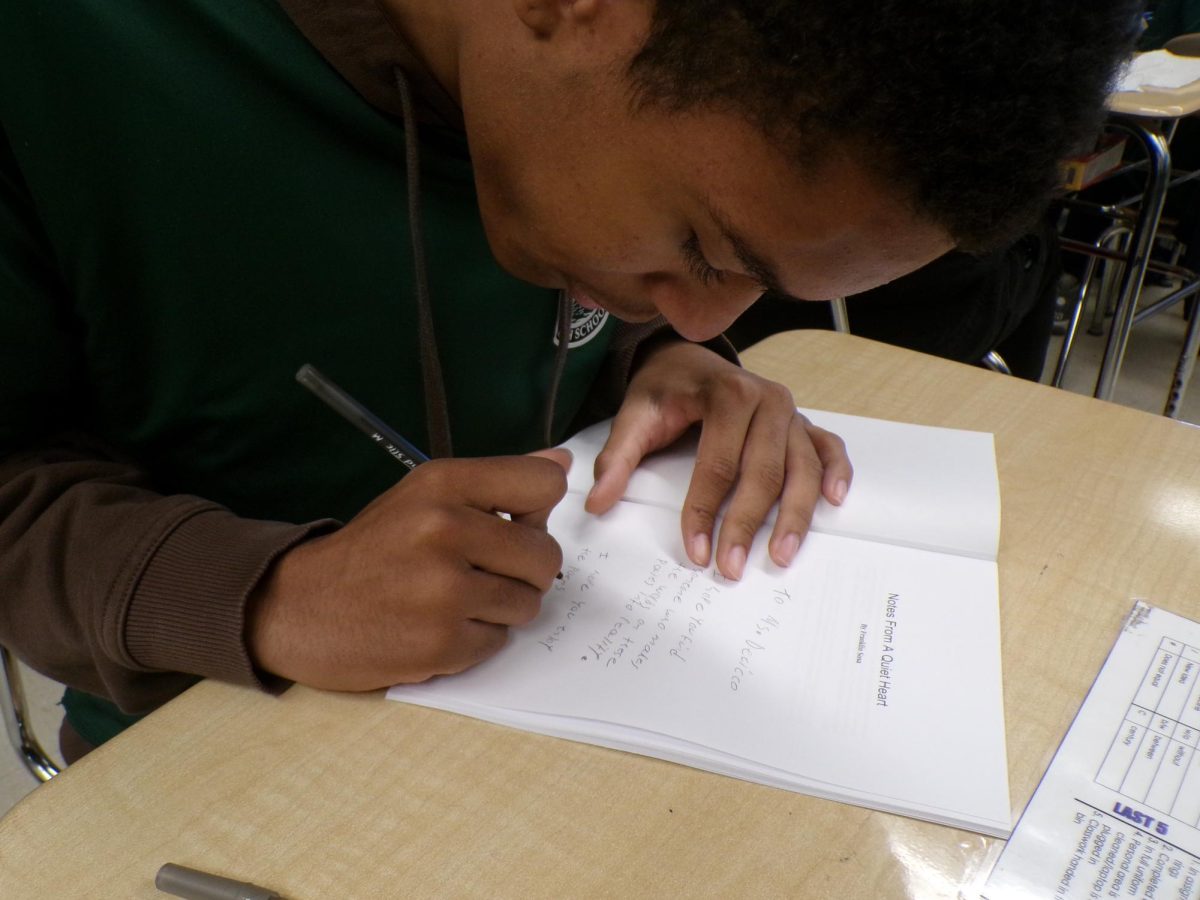


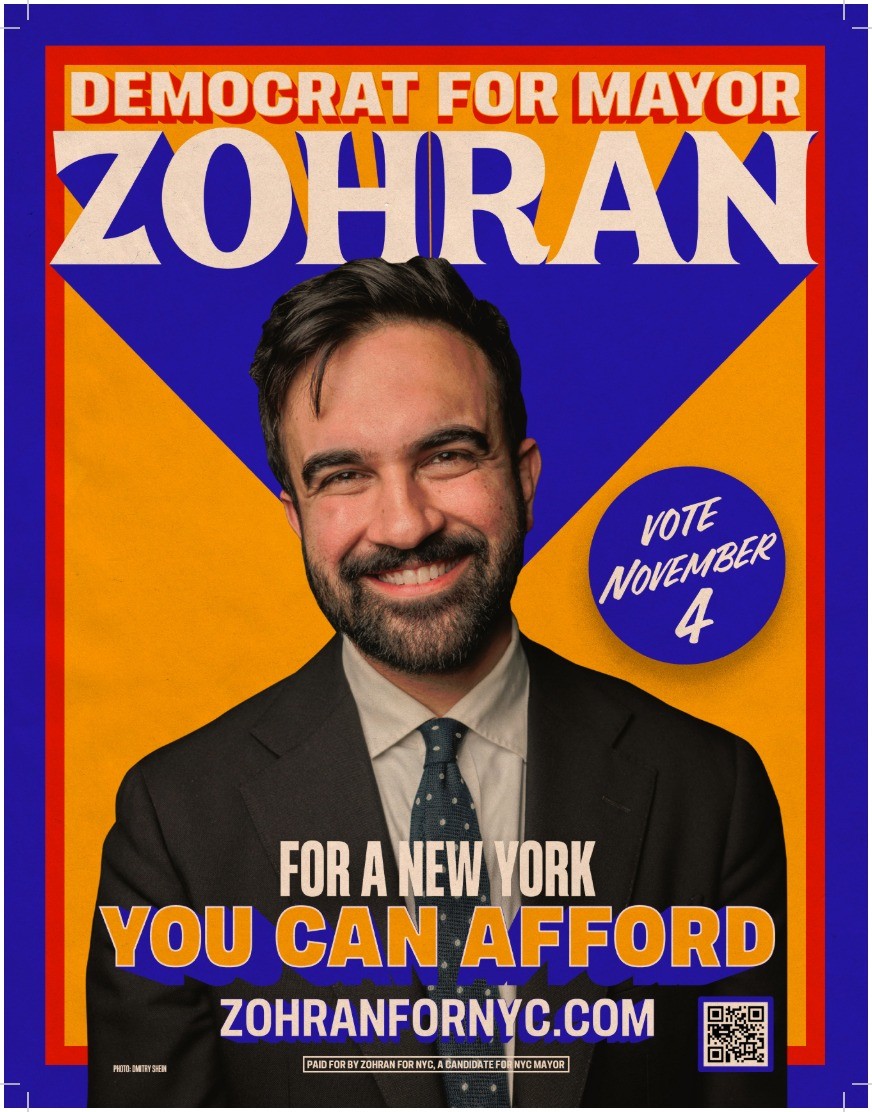
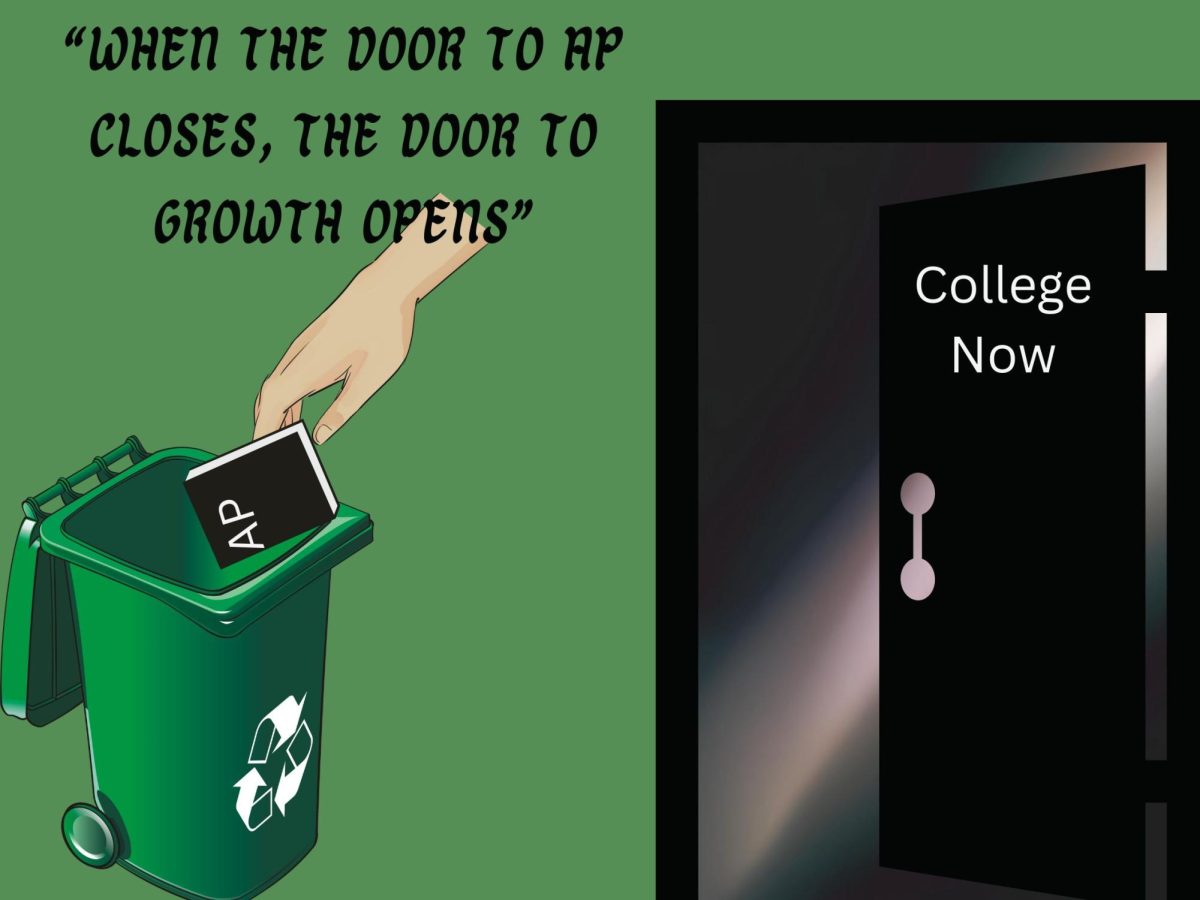



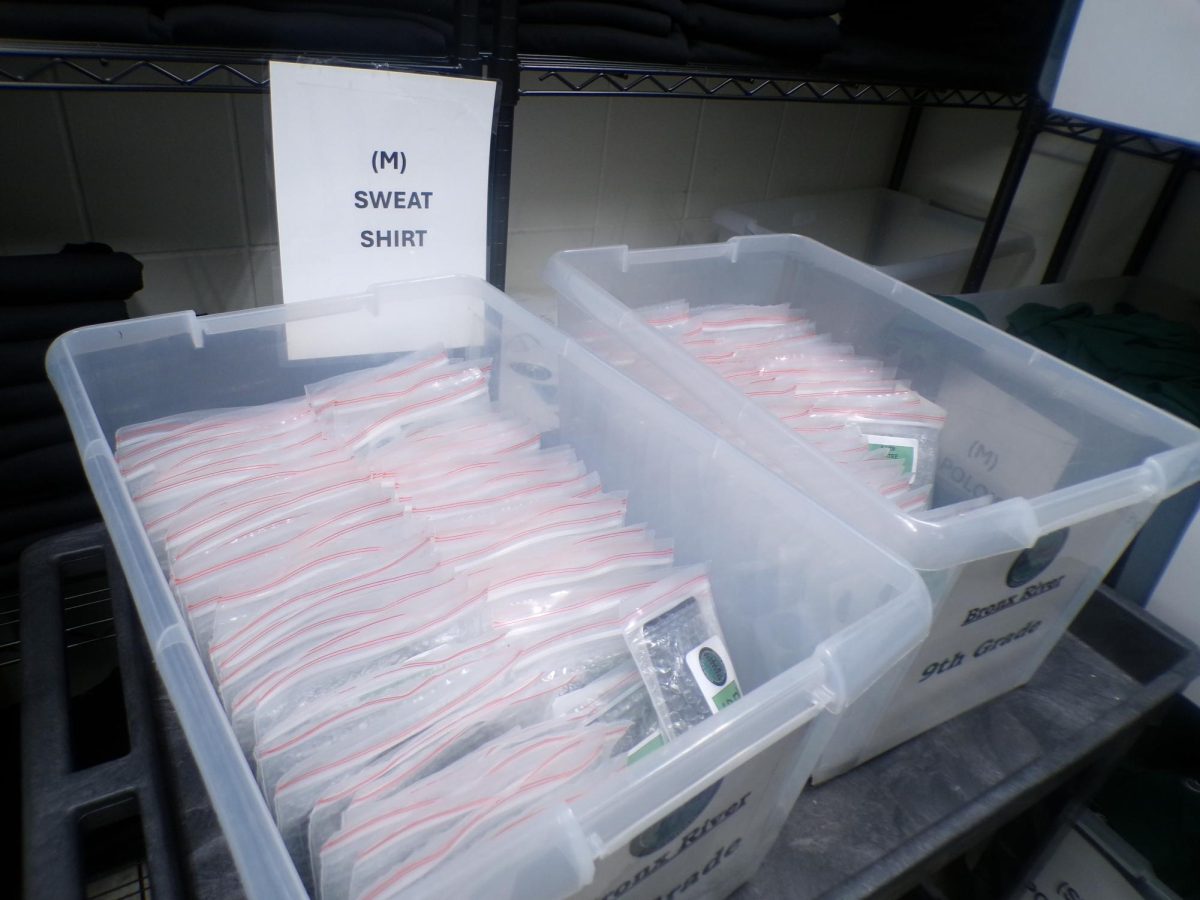
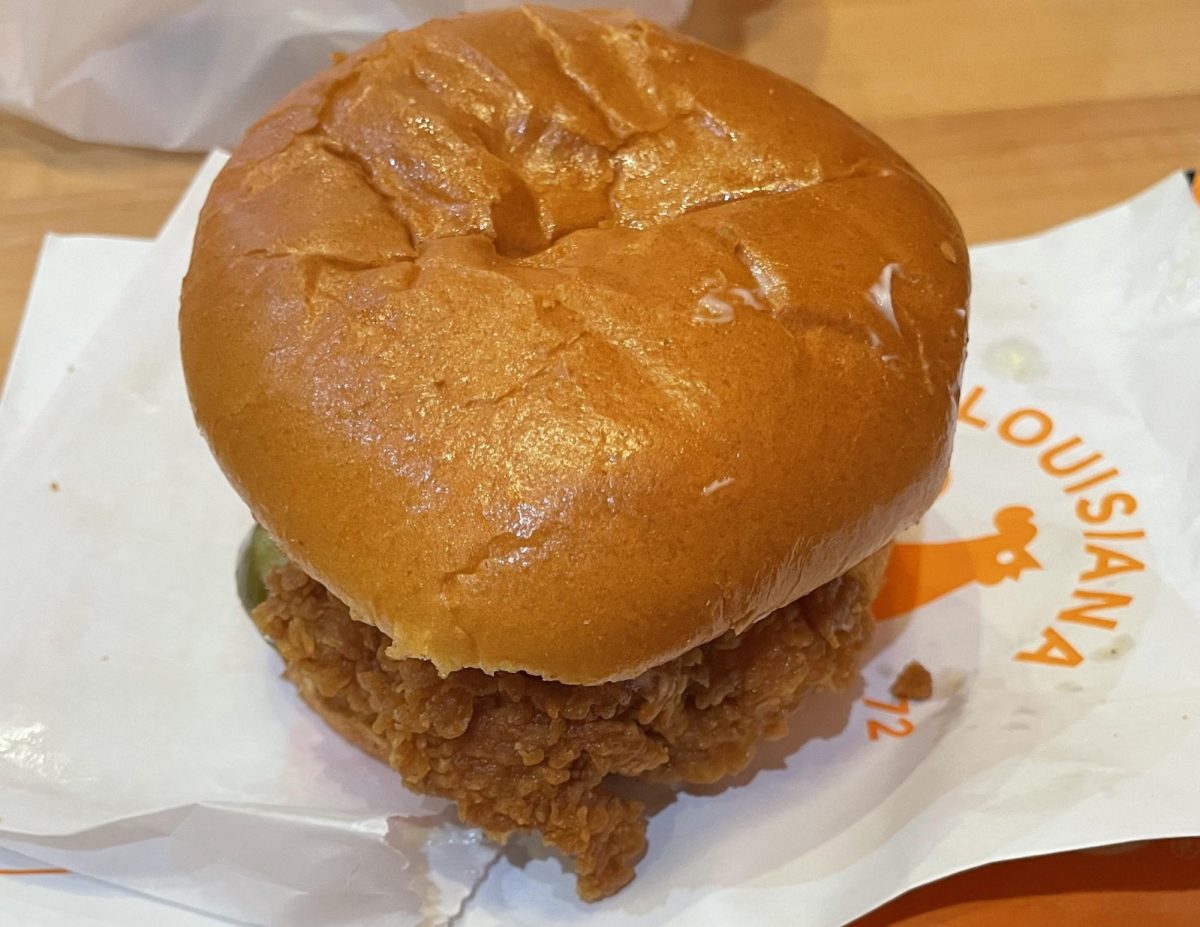
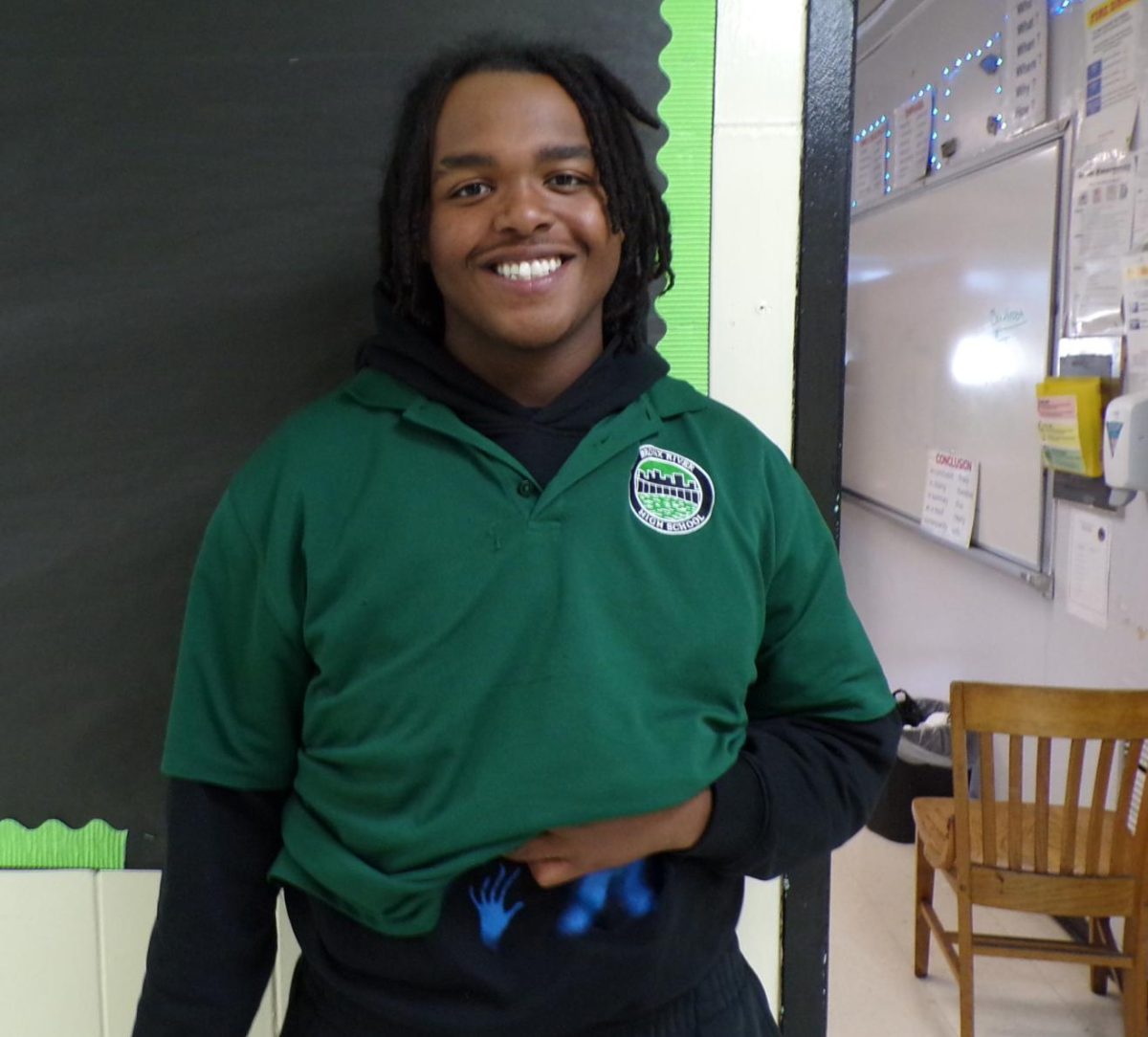
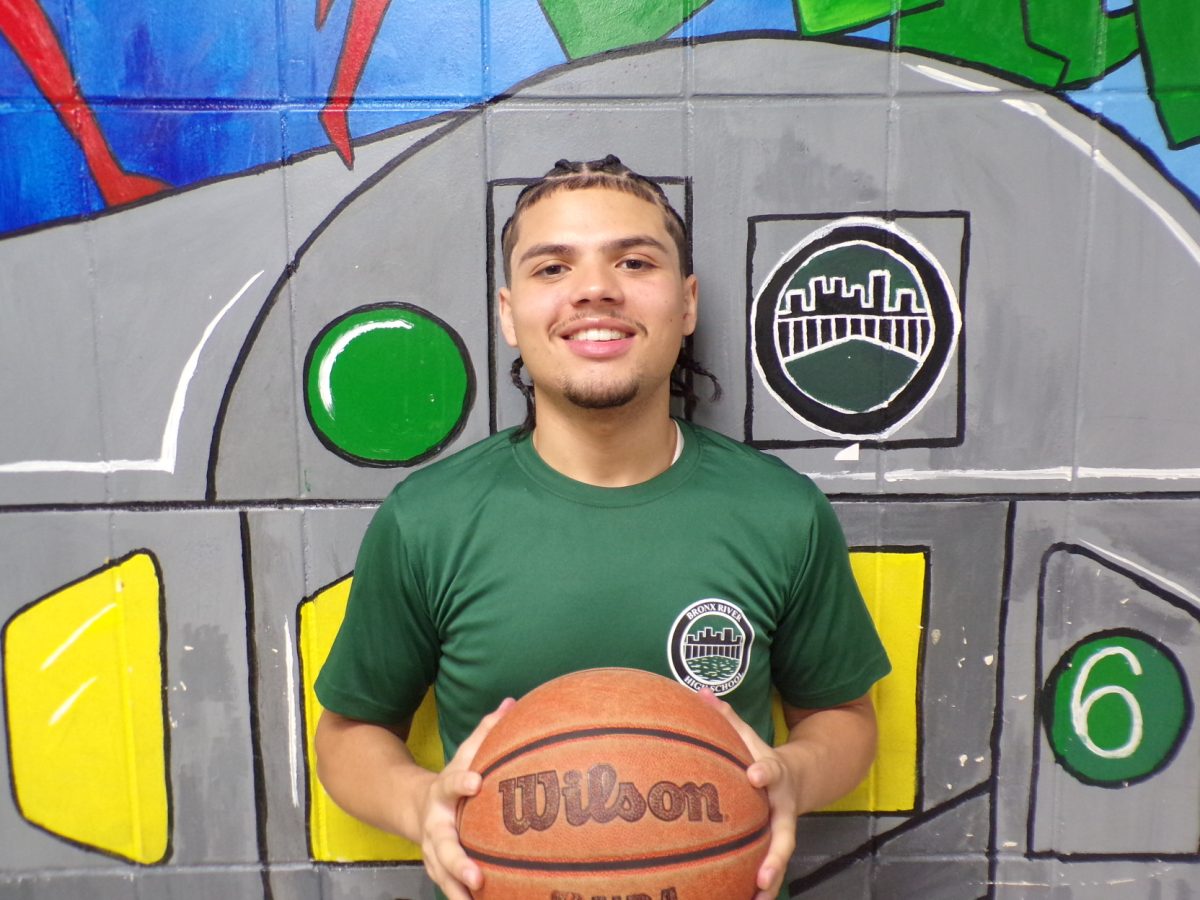
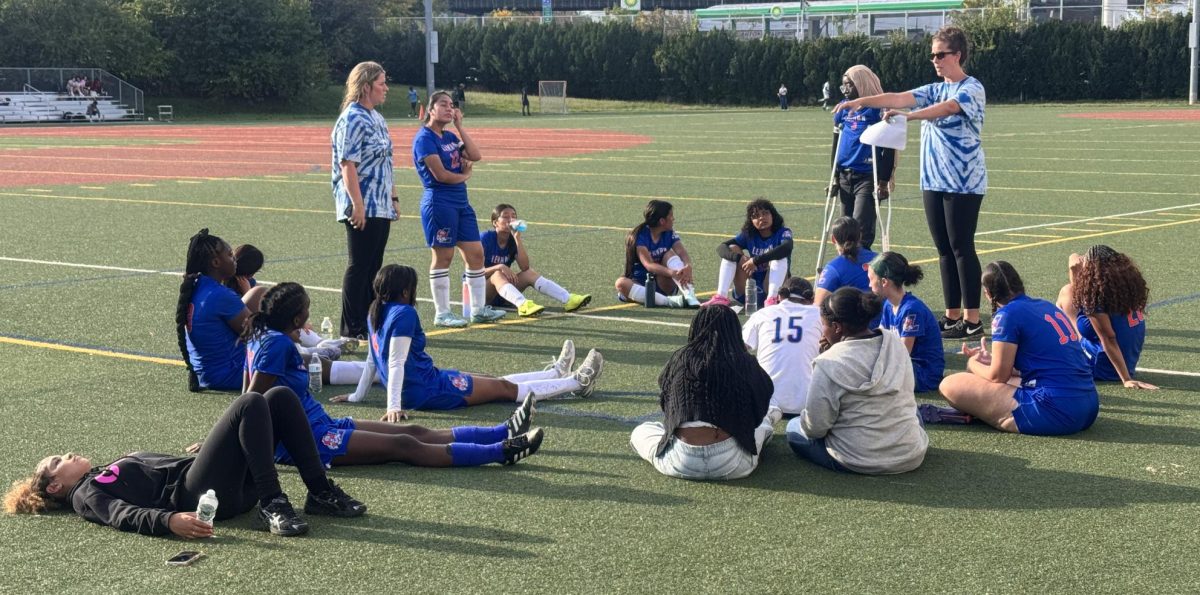

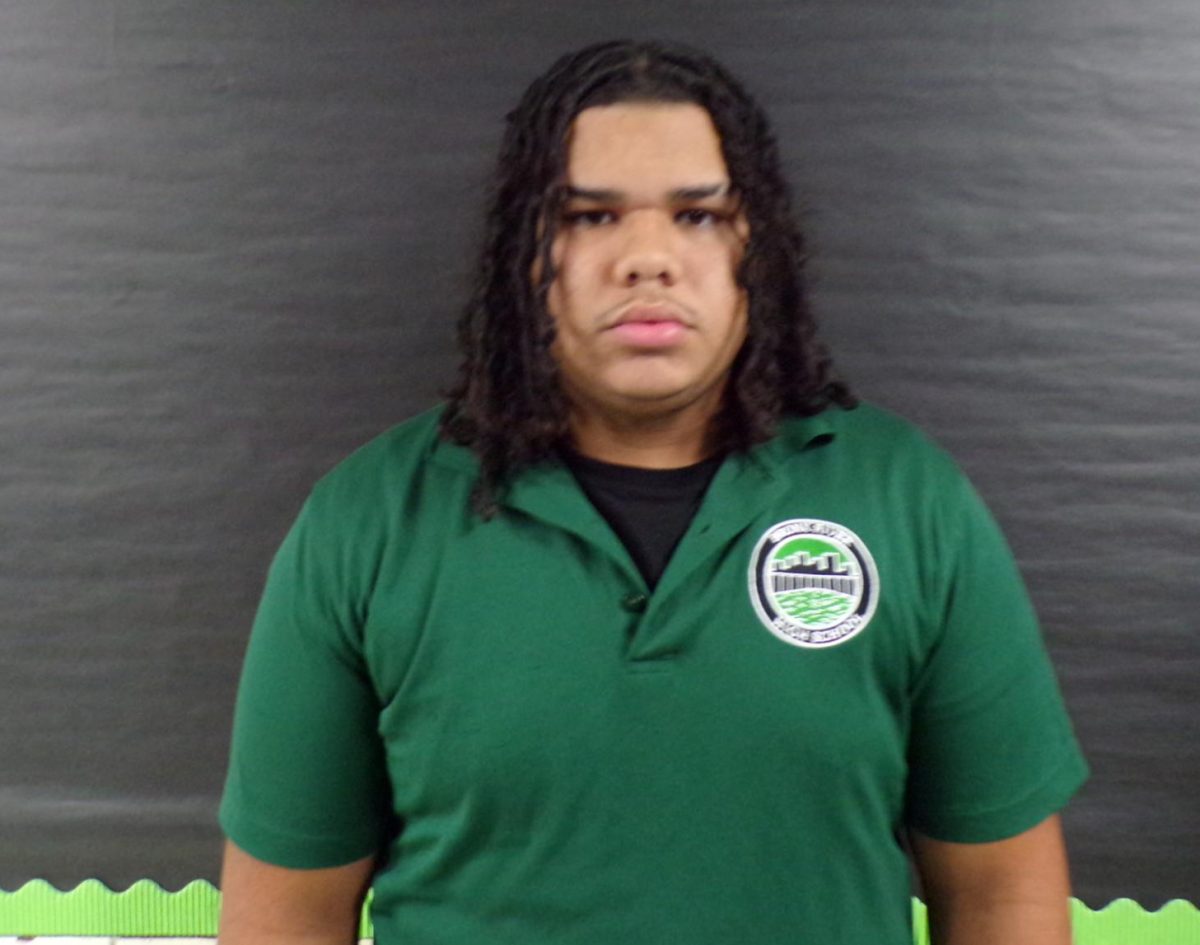
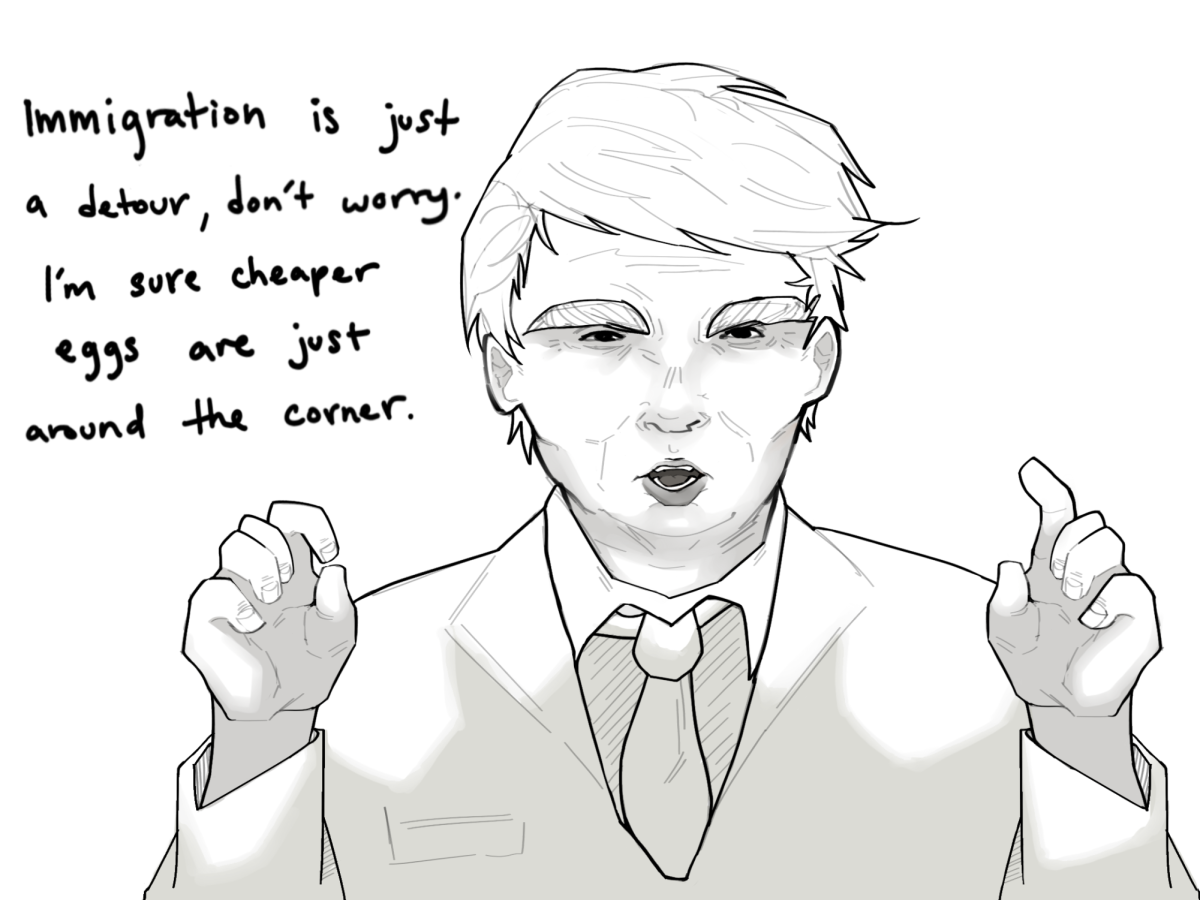

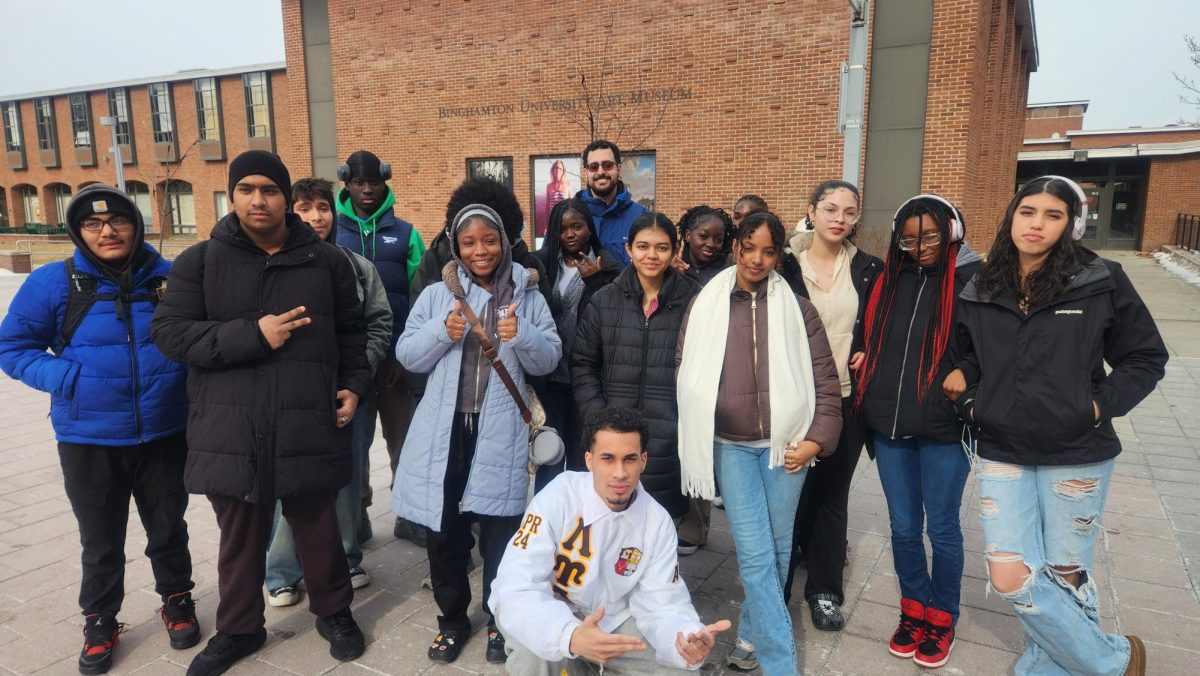
Cameron Galloway • Apr 8, 2025 at 3:20 pm
And that’s more of a reason why Kamala should’ve won. Because of this, Trump has been deporting people that aren’t Americans back to their own country, despite most of them not wanting to go back. He proclaims “he wants to make America great again”, but he’s making even the most dangerous countries like Afghanistan, Venezuela, Yemen, and Syria look like they’re really safe havens. Nobody should be subjected to forced deportation because of their different backgrounds of nationality, gender, race, sexuality, creed, etc. To the families that are in fear of getting deported, stay safe out there, y’hear? It’s gonna be a rough four years, but we gotta push through. And to those who already got deported, I am so sorry. Once those four years pass, Trump as a president will be no more for good, and you can finally move back in. But until then, let’s proceed the rest of 2025 with caution.